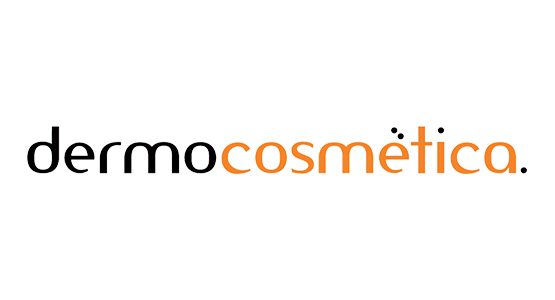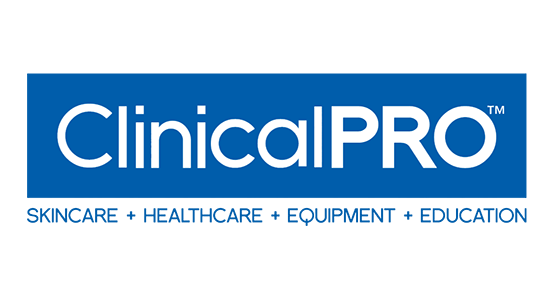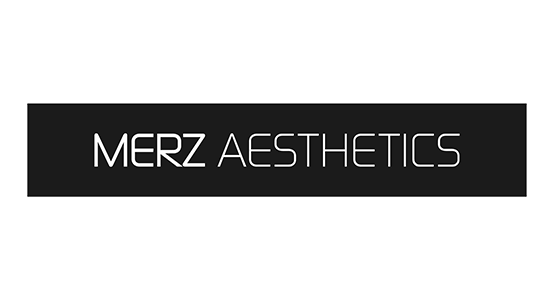The Ultimate Guide to Skin Cancer Prevention and Management
Skin cancer is a serious yet preventable condition affecting millions worldwide. By taking proactive measures and staying informed, you can significantly reduce your risk and manage skin health effectively. This guide explores everything from prevention strategies to treatment options and innovations in skin cancer care.
What is Skin Cancer?
Skin cancer occurs when abnormal cells grow uncontrollably in the skin. It is primarily categorised into three main types:
Basal Cell Carcinoma (BCC): The most common and least aggressive type.
Squamous Cell Carcinoma (SCC): More likely to spread but treatable when detected early.
Melanoma: The most dangerous form, known for its rapid spread if untreated.
Understanding these types helps in recognising symptoms early and seeking timely care.
Understanding Skin Cancer Causes
The primary culprit behind skin cancer is ultraviolet (UV) radiation from the sun or tanning devices. Other risk factors include
Genetic predisposition
A family history of skin cancer increases susceptibility.
Environmental factors
Exposure to pollutants or certain chemicals may heighten risk.
What Our Client Say
Jessica
I work at the Productivity Commission, and received a skin check from a member of your team Nurse Jo on Wednesday 13th November last year, at 4 National Circuit, Canberra.
At the very end of that skin check, the nurse identified a spot at the back of my right ear which she didn’t like the look of. At the time, I was somewhat skeptical about how serious it could be – I am only 25, and pretty healthy – but she kindly and firmly advised me to go have it biopsied.
Long story short, it ended up coming back positive for melanoma (which was pretty confronting), and I had a wide excision and sentinel lymph node biopsy completed as a result. Today I found out that they did not detect any further melanoma from those samples, and so I’m completely in the clear.
I feel very grateful to the nurse who conducted my skin check. Thanks to her keen eye and firm urging, I got on top of this well-before it could become a serious issue (especially as I would likely not have gotten a skin check outside of this work one). Myself, and my family and friends, are very grateful.
How UV Radiation Contributes to Skin Cancer
UV radiation damages the DNA in skin cells, leading to mutations. There are three types:
UVA Rays
Penetrate deep, causing premature ageing.
UVB Rays
Cause sunburn and damage the outer layer of skin.
UVC Rays
Typically blocked by the ozone layer but harmful when exposed.
UV rays penetrate the skin and cause cellular damage, leading to premature ageing and mutations. Understanding UV indices can help make informed decisions about sun exposure.
The Importance of Prevention
Prevention is not just about avoiding skin cancer but also about fostering lifelong skin health. Early detection saves lives, making proactive measures indispensable.
Sun Protection Essentials
- Use Sunscreen – Opt for a broad-spectrum SPF 50+ and reapply every two hours.
- Wear Protective Clothing – Cover up with hats, sunglasses, and long sleeves.
- Seek Shade – Avoid direct sun exposure, especially between 10 a.m & 4 p.m.
Diet and Skin Health
A healthy diet can strengthen your skin’s defences. Focus on
- Antioxidants: Found in fruits and vegetables, they combat free radicals.
- Hydration: Keeps skin supple and resilient.
Early Detection in Skin Cancer Survival
Detecting skin cancer early improves survival rates significantly. Advanced technologies like dermoscopy and AI tools help in accurate diagnosis.
The Importance of Community Awareness
Community campaigns raise awareness, promoting regular skin checks and preventive measures. Participating in these initiatives can make a significant impact.
Skin Cancer and Different Age Groups
Children
Teach sun-safe habits early.
Adults
Frequent self-checks are crucial.
Elderly
Skin becomes more vulnerable, requiring extra care.
Misconceptions About Skin Cancer
Let’s clear up some myths:
“Skin cancer only affects fair-skinned people.”
False—anyone can develop it.
“Skin cancer only affects older adults.”
Skin cancer can develop at any age. Prevention is critical for everyone.
“Sunscreen isn’t needed on cloudy days.”
UV rays penetrate clouds making sunscreen essential even in cloudy days.
“A base tan protects against sunburn.”
Any tan indicates skin damage and increases the risk of skin cancer.
Treatment Options for Skin Cancer
Treatment depends on the cancer type and stage:
Surgical Procedures
The most common treatment involves removing the affected tissue.
Radiation & Chemotherapy
Used for inoperable or advanced cases.
Targeted Therapies
Innovative treatments like immunotherapy enhance the body’s natural defences.
Adopting the Slip, Slop, Slap, Seek, & Slide Method
Slip on Protective Clothing
Wearing suitable clothing is your first line of defence against harmful UV rays.
- Choose tightly woven, long-sleeved shirts and trousers.
- Opt for garments labelled with a UPF (Ultraviolet Protection Factor) rating for optimal protection.
- Lightweight fabrics like linen or cotton blends ensure breathability and comfort.
Slop on SPF50+ Sunscreen
Sunscreen is an essential tool in preventing skin cancer.
- Use a broad-spectrum sunscreen with SPF50+ for effective protection against UVA and UVB rays.
- Apply generously to all exposed skin, including often-missed areas like the ears, neck, and back of the hands.
- Reapply every two hours, or more frequently if swimming or sweating.
Slap on a Wide-Brim Hat
Hats provide vital shade for sensitive areas such as the face, neck, and ears.
- Opt for wide-brim hats (7.5 cm or more) to maximise coverage.
- Avoid caps that leave the neck and ears exposed.
Seek Shade During Peak Hours
The sun’s UV rays are most intense between 10 am and 4 pm.
- Plan outdoor activities during the early morning or late afternoon.
- Use umbrellas, pergolas, or natural shade like trees to reduce direct exposure.
Slide on Protective Sunglasses
Sunglasses shield your eyes from UV damage, which can lead to cataracts and other eye conditions.
- Choose sunglasses that meet the AS/NZS 1067:2016 UV protection standards.
- Wrap-around styles offer better side protection.
By implementing the Slip, Slop, Slap, Seek, and Slide approach, we can significantly reduce our risk of skin cancer. Consistency in these preventive measures and vigilance in monitoring skin changes are key to safeguarding our health. Let us prioritise sun safety, not just for ourselves but also for future generations.
Sources: Cancer Council, Cancer Institute NSW, Cancer Council NSW
Frequently Asked Questions
for Skin Cancer Prevention and Mangement
Can dark-skinned individuals get skin cancer?
Yes, although less common, it can occur and is often detected at later stages.
How often should I apply sunscreen?
Every two hours, or more frequently if swimming or sweating.
What SPF is recommended for daily use?
SPF30 is the minimum, but SPF50+ is ideal for higher protection.
Are tanning beds safer than the sun?
No, tanning beds emit harmful UV rays and increase cancer risk.
What’s the best way to examine my skin?
Perform self-examinations monthly, paying close attention to moles and any unusual changes.
Use a mirror for hard-to-see areas and check for new or changing moles.
Book Your Skin Check at Hamilton Skin Clinic
Schedule a comprehensive skin check today and stay vigilant against skin cancer. Whether for peace of mind or early detection, Hamilton Skin Clinic’s experienced team is here to support you in achieving optimal skin health.
For bookings, contact us today, and our team will assist you in scheduling your appointment.










